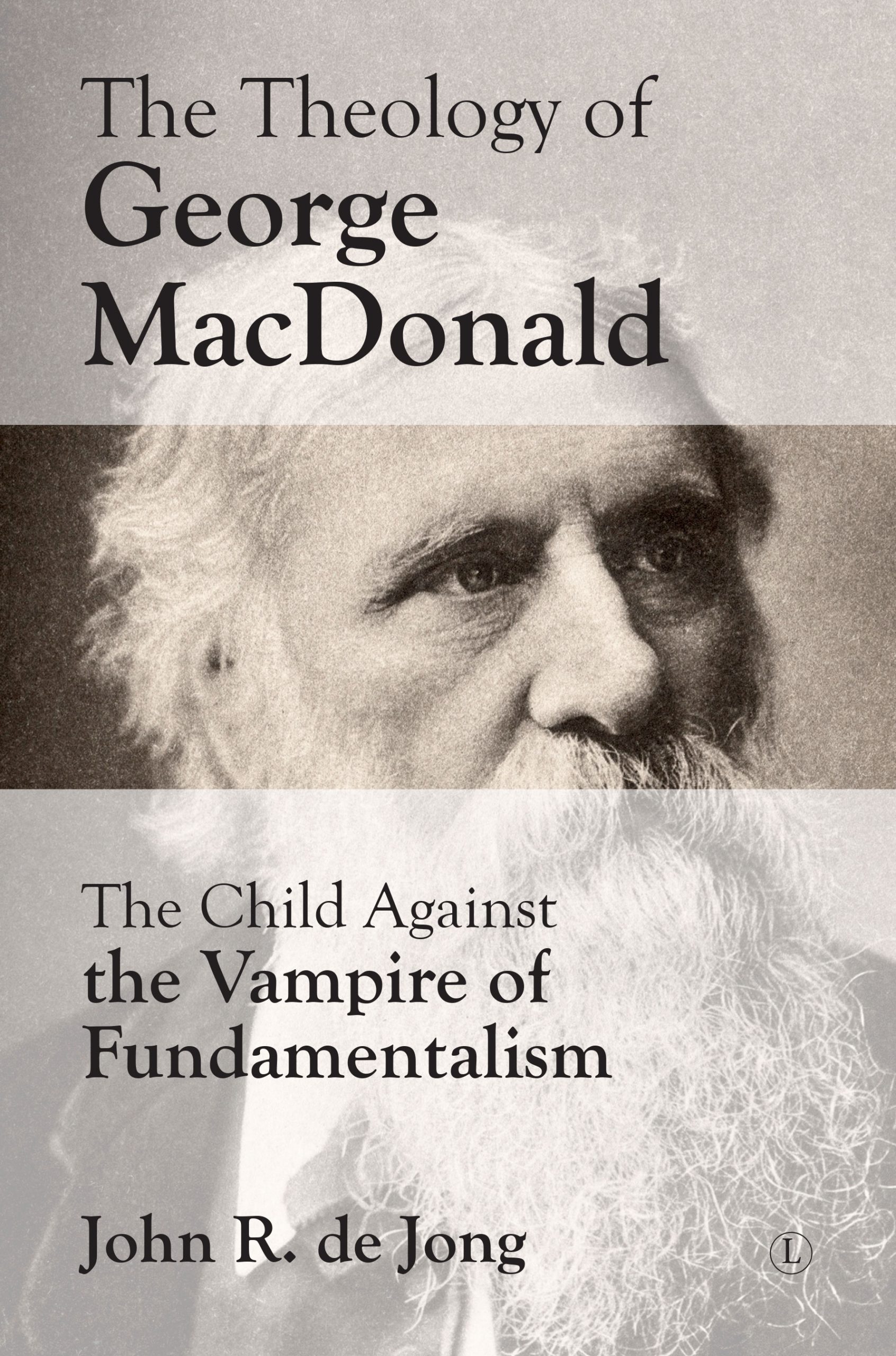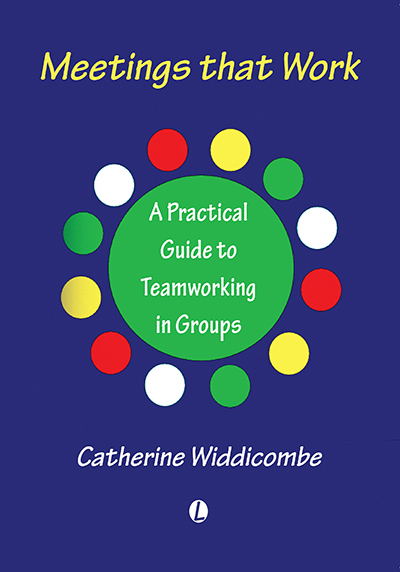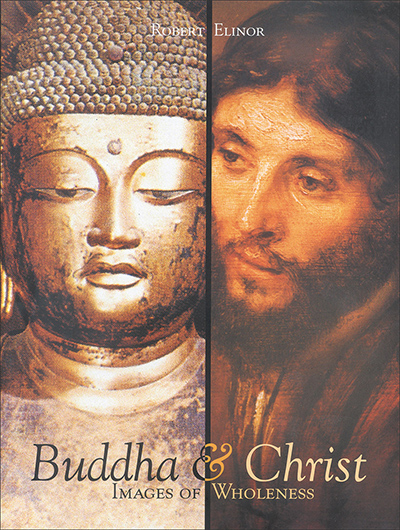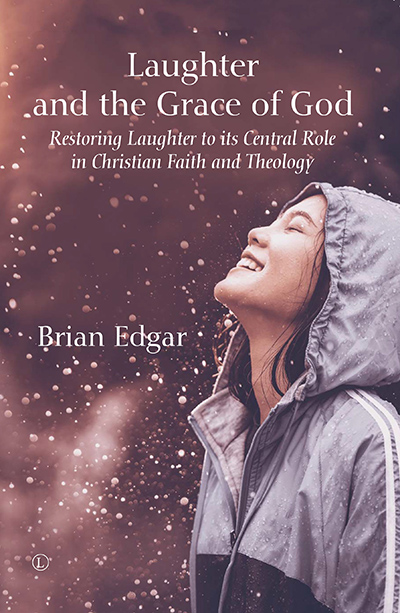Description
George MacDonald (1824–1905) was writing at a time of Evangelical unease. In a society ravaged by Asiatic cholera, numbed by levels of infant mortality, and fearful of revolution and the toxicity of industry (to name but a few of the many challenges), the ‘gospel’ proclaiming eternal damnation for unbelievers was hardly good news; rather, Christianity was increasingly viewed as the source of bad news and a tool of state oppression. MacDonald agreed: in his view, the church had become a vampire, sucking the blood of her children instead of offering them Eucharistic life.
In contrast, like Christ, MacDonald offered a child. Although at first sight a familiar Romantic incarnation, in MacDonald’s theology ‘the child’ becomes an unlikely icon challenging the vampire’s kingdom and confronting the foundations of much of Western theology. John R. de Jong’s meticulously researched study of MacDonald’s work – especially his ‘realist’ and fantasy novels – in its Victorian context is of more than historical interest. In light of the growth of fundamentalist expressions of Christianity, we are encouraged to consider embrace MacDonald’s radical solution to religious vampirism: becoming children.
About the Author
After a degree in physics and a career in audio engineering, John de Jong studied philosophy and religious studies at the Open University before gaining a PhD in theology and literature from King’s College London. Also a musician and lyricist, his work explores the relationship between theology, sociology, and the arts.
Contents
Preface
Abbreviations
Introduction
1. The Context of George MacDonald’s Work
2. The Victorian Child – Social and Theological Attitudes
3. George MacDonald’s Contribution to Childhood
4. The Child in MacDonald’s Realist Fiction
5. An Overview of George MacDonald’s Theology
6. The View of Evangelicalism from Fairyland
7. The Child Against the Vampire – A Reading of Lilith
8. Lilith – A Summary of George MacDonald’s Theology
9. The Implications of George MacDonald’s Theology
Bibliography
Endorsements and Reviews
A study not only of the nineteenth century, de Jong’s book on George MacDonald is also a warning for our own time and its religious tendencies. MacDonald is often known for little more than his influence on C. S. Lewis and Tolkien, but here he emerges as a serious voice, not a theologian but through literature an explorer of central theological ideas and their influence for good and, too often, ill. John de Jong’s knowing and informed revisiting of the theme of the child after Wordsworth and Romanticism is a welcome reminder of its continuing importance today, of the importance of literature, and of the dangers of the vampire of fundamentalism.
David Jasper, Emeritus Professor, University of Glasgow
This book is a scholarly achievement of the highest order, and all future work on MacDonald will have to take account of it.
Rev Dr John Pridmore, Church Times






